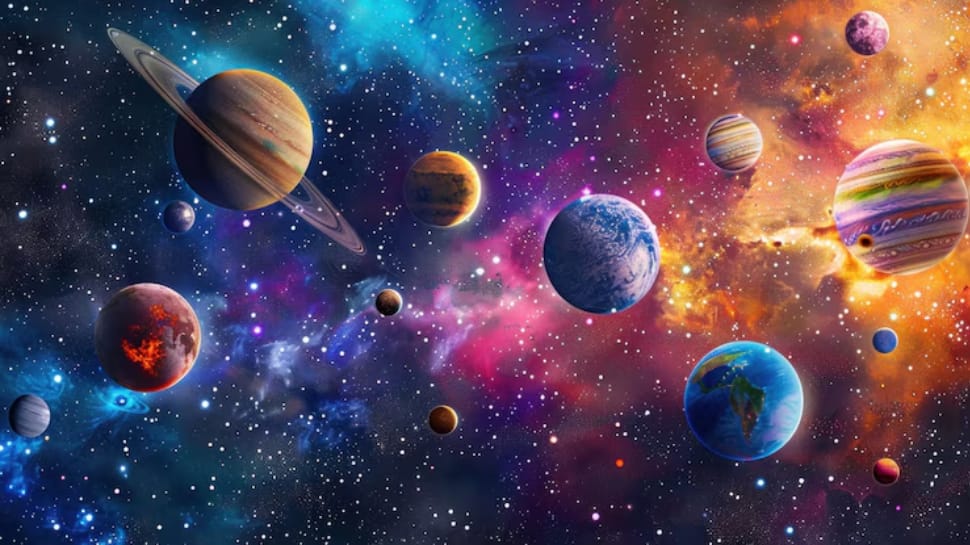A group of astronomers from across the globe, including a team from the University of Washington and led by Queen’s University Belfast, have revealed new research showing that millions of new solar system objects will be detected by a brand-new facility, which is expected to come online later this year.
The NSF-DOE Vera C. Rubin Observatory is set to revolutionise the knowledge of the solar system’s “small bodies” — asteroids, comets and other minor planets.
The Rubin Observatory, under construction on the Cerro Pachon ridge in northern Chile, features the 8.4-meter Simonyi Survey Telescope with a unique three-mirror design capable of surveying the entire visible sky every few nights.
At its heart is the world’s largest digital camera — the 3.2 gigapixel Legacy Survey of Space and Time (LSST) Camera — covering a 9.6 square-degree field of view with six filters, roughly 45 times the area of the full moon.
Together, this “wide-fast-deep” system will generate 20 terabytes of data every night — creating an unprecedented time-lapse “movie” of the cosmos over the next 10 years, and an incredibly powerful dataset with which to map the solar system.
The team of astronomers, led by Queen’s University’s Meg Schwamb, created Sorcha, an innovative new open-source software used to predict what discoveries are likely to be made.
Sorcha is the first end-to-end simulator that ingests Rubin’s planned observing schedule. It applies assumptions on how Rubin Observatory sees and detects astronomical sources in its images, with the best model of what the solar system and its small body reservoirs look like today.
“Accurate simulation software like Sorcha is critical,” said Schwamb, a reader in the School of Mathematics and Physics at Queen’s University.
“It tells us what Rubin will discover and lets us know how to interpret it. Our knowledge of what objects fill Earth’s solar system is about to expand exponentially and rapidly.”
In addition to the eight major planets, the solar system is home to a vast population of small bodies that formed alongside the planets more than 4.5 billion years ago.
Many of these smaller bodies remain essentially unchanged since the solar system’s birth, acting as a fossil record of its earliest days. By studying their orbits, sizes and compositions, astronomers can reconstruct how planets formed, migrated and evolved.
These objects — numbering in the tens of millions — — provide a powerful window into processes such as the delivery of water and organic material to Earth, the reshaping of planetary orbits by giant planets and the ongoing risk posed by those whose paths bring them near our planet.
In addition to Queen’s University and the UW, the international team includes researchers from the Centre for Astrophysics | Harvard & Smithsonian and the University of Illinois Urbana-Champaign.
A series of papers describing the software and the predictions have been accepted for publication by The Astronomical Journal.
Beyond just finding these new small bodies, Rubin Observatory will observe them multiple times using different optical filters, revealing their surface colours. Past solar system surveys were typically observed with a single filter.

